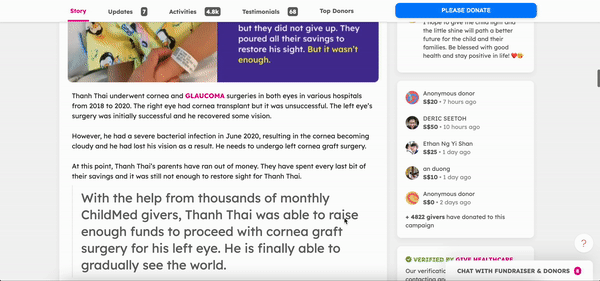On being stupid

Find Doraemon. By Midjourney using the prompt “a chase scene of Doraemon and friends in a Japanese village, Ukiyo-e style –ar 2:1”. Isn’t it a prime example of something stupid, yet brilliant?
What are the most useless things we have ever built?
I asked the team this question last week. I got the inspiration for this question when I happened to do a “scavenger hunt,” collecting features for a new prototype. Because of that, I happened to dig up a bunch of things that I almost forgot existed.
Among our tech team’s culture, there are two particular ideas:
- We can build anything.
- When we are not sure if a feature may work, launch it and see what would happen.
The upside of these two ideas is that we can push out features quickly. The downside is that sometimes we err on the side of building what we can do rather than what the users want. That’s a stupid way to develop products, sometimes.
Back to the original question, here’s an example of a product feature that I found to be mostly useless.
The useless case of medical conditions lookup

We created a feature to look up unfamiliar medical conditions from a curated library. But unfortunately, this is one of the many useless functionalities that we ever created
We created a feature to look up unfamiliar medical conditions from a curated library. Unfortunately, this is one of the many useless functionalities that we ever created.
We have a lot of patients looking for help with funding their medical treatments on Give.Asia. Did you know that our team verifies every single case? Part of the verification is doing research to understand the medical condition mentioned in the case. We have learned so much during this process. For example, I used to think that glaucoma only affects the elderly and is very manageable. But I have learned about congenital glaucoma that affects children at birth, which requires special treatments, or else these children will lose their eyesight.
From such experiences, we thought - hey, can we make it easy for users to look up such conditions? You can see how it works below:
This medical condition lookup was implemented a few years ago but was barely used. Looking back at the feature now, there are a few things about the feature that I now find quite “stupid”:
-
Looking at our users’ behaviors on the campaign pages, users tend not to click around much. If we cannot convey the seriousness of the condition and relate it to the users at a glance, it’s very difficult to do so in a mini-window via an extra click/touch.
-
There’s a big gap between doing our research and forming our understanding of a medical condition versus presenting that understanding to the public. For example, I can casually explain what congenital glaucoma is to another person, but I would not say that’s an “expert” opinion on what the condition is for users to refer to.
The case for being stupid
So what should we do?
I think “being stupid” is at the core of our product culture. There are two scenarios that I’m most afraid our tech team’s culture would evolve into:
-
We stop trying to build new things because we are afraid of being stupid.
-
We stop trying to build new things because we think we have done it all.
A few people have asked me what else we can build at Give.Asia, given we have been around for more than a decade now; surely we must have built most of the necessary things. I don’t believe that. I believe we are only in the very early days of making the giving space better. Take the example of understanding givers’ needs and wants: do we understand them fully? Definitely not. We know a bit, but definitely not enough. For example, I think our team largely grew up as a “Facebook generation.” But more recently, I feel we are quite out of touch with the new “TikTok generation”, where the users’ behaviors change drastically that I don’t think our products best cater to them. Put it bluntly, we need to know that we are the stupid ones when it comes to the younger audience who are born within these new trends.
I’m reading the book “Ask Iwata” - a collection of notes and interviews from Satoru Iwata, the late CEO of Nintendo who oversaw the development of paradigm-shifting products like Nintendo DS and Wii:
What starts as an absurdity can still bear fruit
In developing the Wii, I asked myself repeatedly, “what can we do to prevent video games from being seen as an intrusion on family life?” This led to the hypothesis, or perhaps the proposition, of a feature tht would allow parents to set a daily time limit for gaming - say one hour per day - where the console would physically shut off after one hour of gameplay.
What could posess the president of a video game company to think such things?
[…]
I was dead seriour. I mean, I knew the it was an awful proposition. Still, though, I was convinced that in the absence of a controversial proposition, we would never come up with anything new. At the very least, I knew that starting a debate from such an angle would prove valuable.
As first proposed, the idea was absurd, but the ensuing process of debate was not in vain. Though I’ll admit it caused some peole stress.
I love that way of thinking. We need to be stupid enough to try seemingly absurd ideas. At least, staring at the absurdity may shed light on some blindsides that we have overlooked. Being stupid is a feature, not a bug.

Generated by Midjourney using the prompt “draw a puppy on its back playing in the sun, nintendo style –ar 8:3“
Oh, about the medical conditions lookup feature, I think it will need to be resurrected into something absurdly bigger to work.